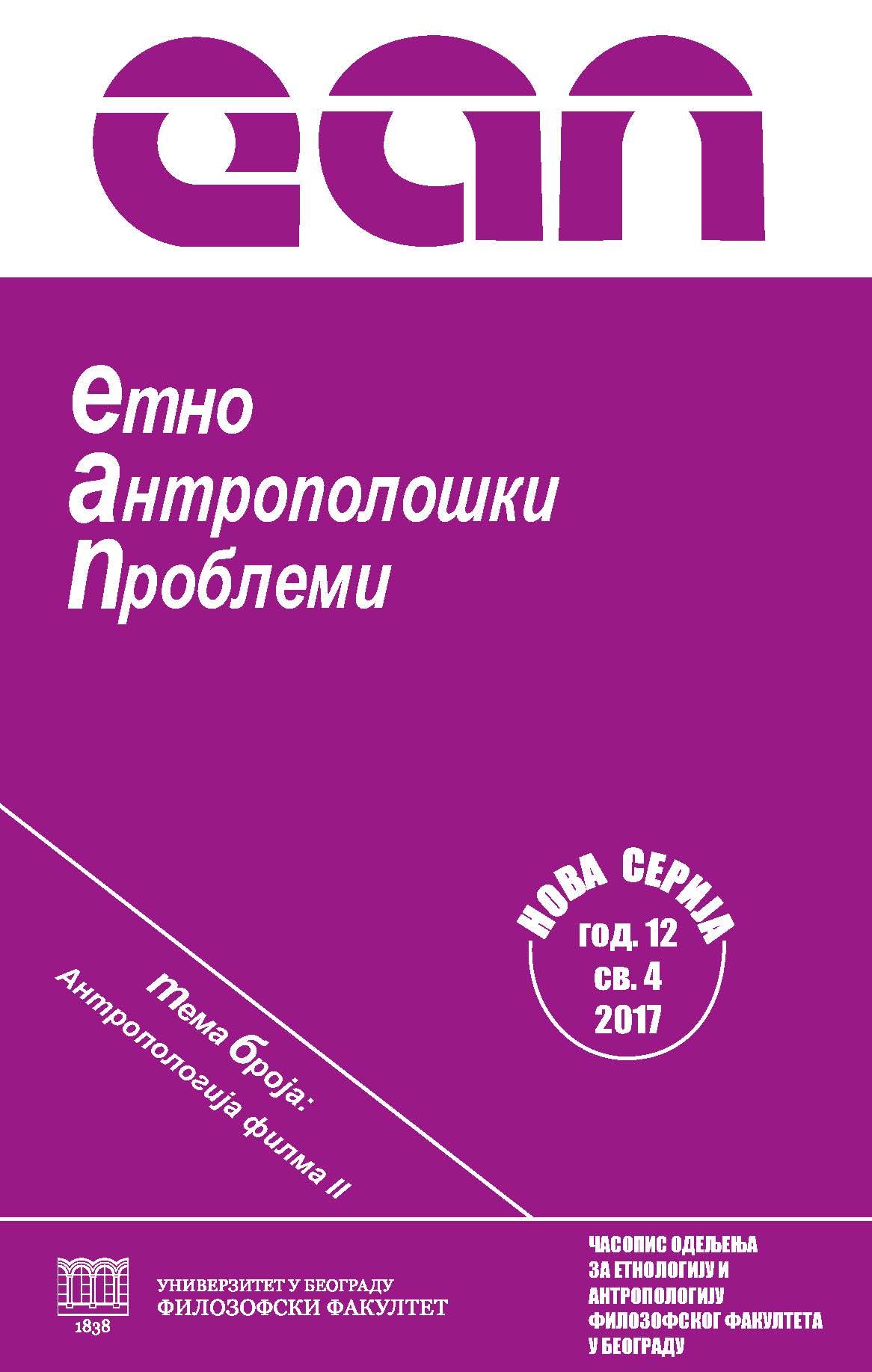Игрà за бог да прост': интеретнички, генеалошки и семантички аспекти намењивања плеса покојнику у селу Свиница
Igrà za Bog da prost’: Interethnic, genealogical and semantic aspects of dedicating the dance to the dead in the village of Sviniţa
Author(s): Selena RakočevićSubject(s): Anthropology, Cultural Anthropology / Ethnology
Published by: Филозофски факултет, Универзитет у Београду
Keywords: Sviniţa; dance; mortuary ritual; ethnicity; genealogy; semantics
Summary/Abstract: The village of Svinica (Romanian: Sviniţa) is situated in the southern area of the Romanian Banat, which is known as Dunavska klisura (Romanian: Clisura Dunarii). According to historical sources the village of Svinica was founded immediately after 1738 and was inherited by the Serbs. The geopolitical possition of the village influenced that it was separated from the other villages in this area. The isolation of the villagers was enlarged by the endogamy which was practiced until late 1960’s. Even mixed Serbian/Romanians merriages are numerous nowadays, Serbs are still majority population. Based on the immediate fieldwork participant observation, this article focuses on the archaic mortuary ritual which is still alive in this village. This is a ritual known as joc/ora/hora de pomana (called by the locals Igra za Bog da prost’ or namenjuvanje). During this ritual, family members devote a dance to the dead person that takes place within a dance event lasting for several hours. Along with the ethnographic narrative, I discuss this ritual in the context of the contemporary dance practice of the wider area of Serbia and Romania where ritual of commemorating dance to the dead still exists. Genealogical and semantic aspects of kinetic and musical components of the ritual are also discussed.
Journal: Етноантрополошки проблеми
- Issue Year: 12/2017
- Issue No: 4
- Page Range: 1259-1287
- Page Count: 29
- Language: Serbian

